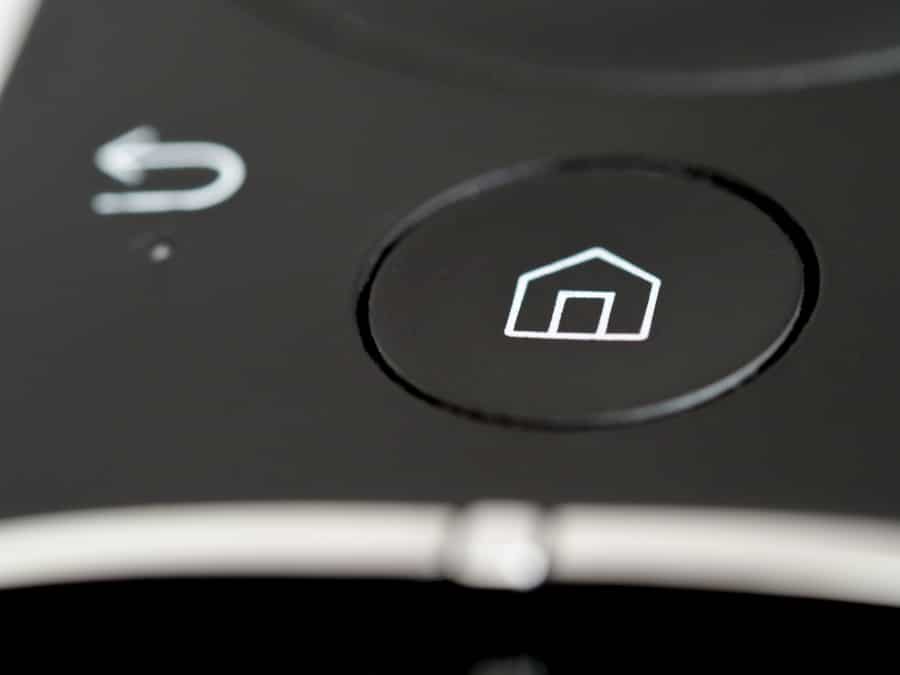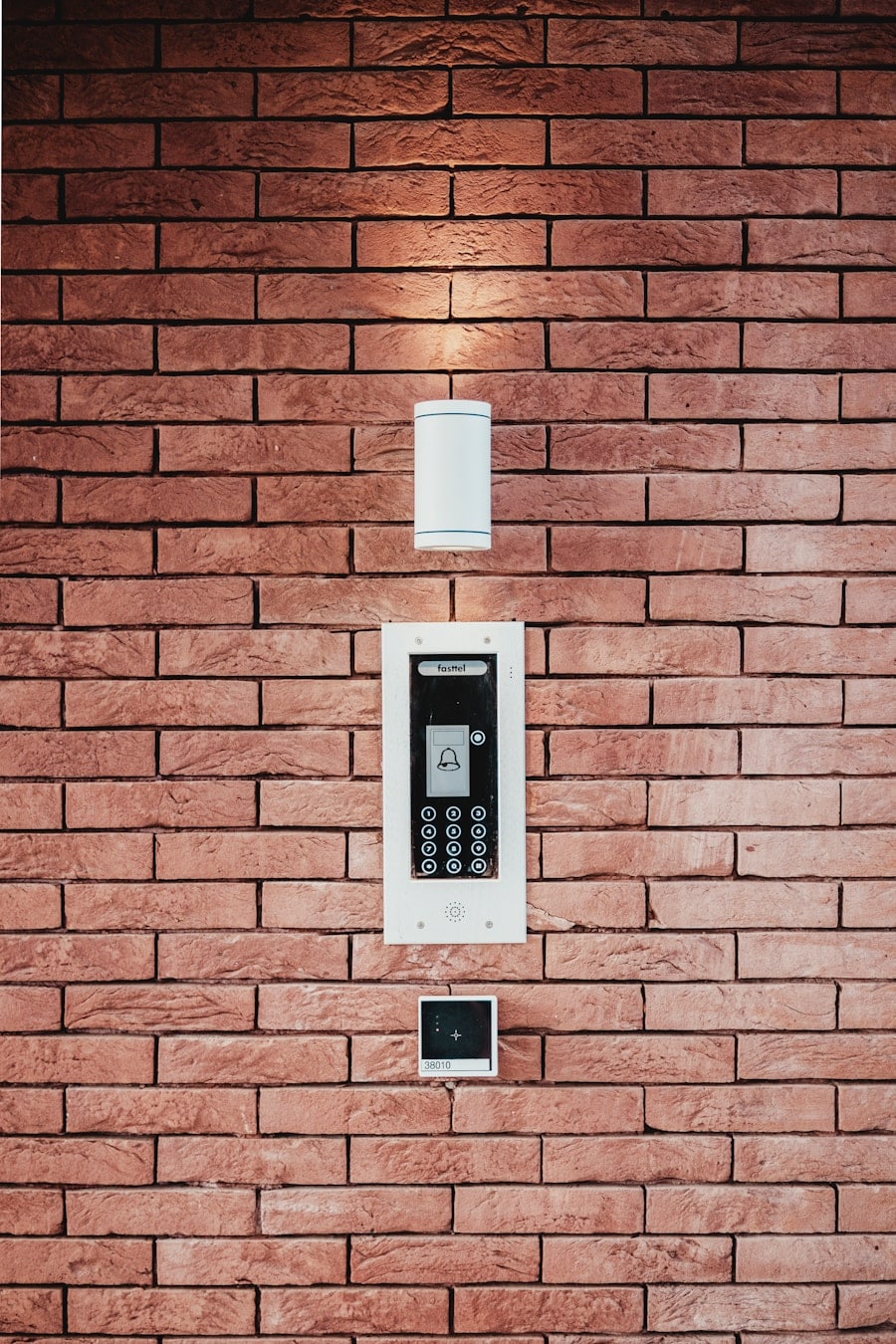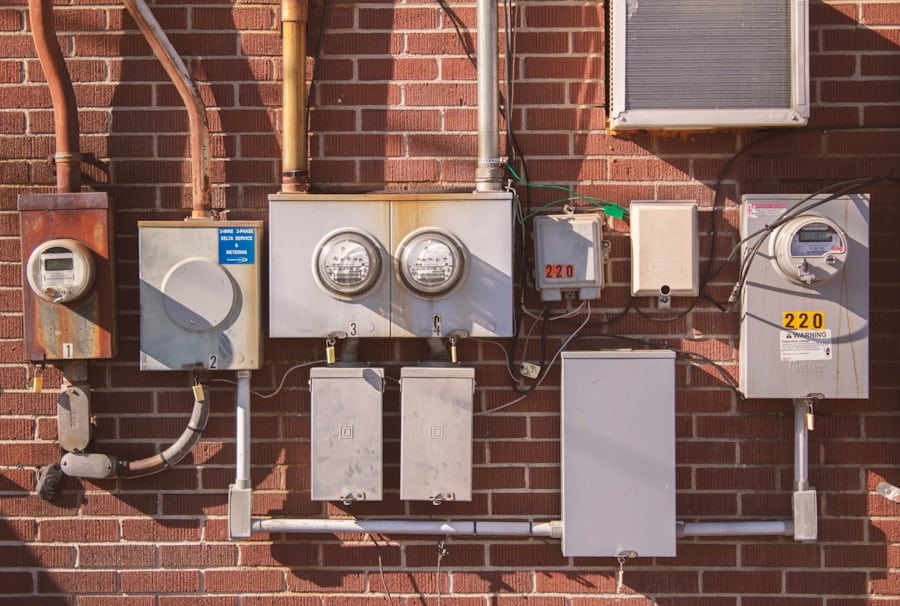The advent of smart home technology has revolutionized the way we manage energy consumption in our households. Smart home energy storage solutions are at the forefront of this transformation, enabling homeowners to harness, store, and utilize energy more efficiently. These systems typically involve the integration of renewable energy sources, such as solar panels, with advanced battery storage technologies.
By storing excess energy generated during peak production times, homeowners can reduce their reliance on the grid, lower their energy bills, and contribute to a more sustainable future. As the demand for energy continues to rise, coupled with the increasing urgency to address climate change, smart home energy storage solutions have become essential. They not only provide a means to store energy but also facilitate better energy management through real-time monitoring and control.
This is where the Internet of Things (IoT) comes into play, offering a framework for interconnected devices that communicate and collaborate to optimize energy usage. The synergy between smart home energy storage and IoT technology is paving the way for a more efficient and sustainable energy landscape.
Key Takeaways
- Smart home energy storage solutions are becoming increasingly popular as a way to manage and optimize energy usage in residential settings.
- The Internet of Things (IoT) plays a crucial role in smart home energy storage by enabling communication and control of devices and systems.
- IoT brings numerous benefits to smart home energy storage, including improved energy efficiency, cost savings, and remote monitoring and control capabilities.
- Integration of IoT in smart home energy management systems allows for seamless coordination of energy storage, renewable energy sources, and household energy usage.
- Case studies demonstrate successful implementation of IoT in smart home energy storage, showcasing real-world benefits and potential for widespread adoption.
Understanding the Internet of Things (IoT) and its Role in Smart Home Energy Storage
IoT Devices in Smart Home Energy Storage
These devices work together to monitor energy consumption patterns, predict usage trends, and optimize energy storage and distribution.
Enhancing Smart Home Energy Storage Functionality
IoT plays a critical role in enhancing the functionality of smart home energy storage solutions. For instance, smart meters can provide real-time data on energy consumption, allowing homeowners to make informed decisions about when to use stored energy versus drawing from the grid.
Maximizing Efficiency and Empowering Homeowners
This level of integration not only maximizes efficiency but also empowers homeowners to take control of their energy usage.
Benefits of IoT in Smart Home Energy Storage Solutions

The integration of IoT in smart home energy storage solutions offers numerous benefits that extend beyond mere convenience. One of the most significant advantages is enhanced energy efficiency. By utilizing real-time data analytics, IoT systems can identify patterns in energy consumption and suggest adjustments that lead to reduced waste.
For example, if a household typically uses more energy during certain hours, the system can recommend charging the battery during off-peak hours when electricity rates are lower. Another key benefit is improved reliability and resilience. IoT-enabled systems can provide alerts and notifications about potential issues, such as battery malfunctions or unusual spikes in energy usage.
This proactive approach allows homeowners to address problems before they escalate, ensuring that their energy storage systems operate smoothly. Furthermore, these systems can be programmed to automatically switch to stored energy during grid outages, providing an uninterrupted power supply when it is needed most.
Integration of IoT in Smart Home Energy Management Systems
Integrating IoT into smart home energy management systems involves creating a cohesive ecosystem where various devices communicate seamlessly. This integration typically begins with a central hub or platform that connects all IoT devices within the home. This hub collects data from smart meters, solar panels, and battery storage units, allowing for comprehensive monitoring and control of the entire energy system.
For instance, a homeowner can use a smartphone app linked to their central hub to monitor real-time energy consumption and storage levels. The app may also provide insights into historical usage patterns and suggest optimal times for charging or discharging the battery based on predictive analytics. Additionally, advanced algorithms can be employed to automate these processes, ensuring that the system operates at peak efficiency without requiring constant manual intervention.
Case Studies of Successful Implementation of IoT in Smart Home Energy Storage
Several case studies illustrate the successful implementation of IoT in smart home energy storage solutions, showcasing how these technologies can transform residential energy management. One notable example is a pilot project conducted in California that involved integrating IoT technology with residential solar power systems and battery storage units. Homeowners participating in the project were equipped with smart meters and an IoT-enabled energy management platform that allowed them to monitor their solar production and battery status in real time.
The results were impressive; participants reported significant reductions in their electricity bills due to optimized energy usage patterns facilitated by the IoT system. The platform provided insights into when to use stored energy versus drawing from the grid, leading to more informed decision-making. Additionally, the project demonstrated how IoT could enhance grid stability by allowing homeowners to sell excess stored energy back to the grid during peak demand periods.
Another compelling case study comes from Germany, where a community initiative focused on integrating IoT technology into residential energy storage systems. In this project, homes equipped with solar panels and battery storage were connected through an IoT platform that enabled collective energy management. The system allowed residents to share excess energy with neighbors or store it for later use, fostering a sense of community while maximizing resource efficiency.
This collaborative approach not only reduced individual costs but also contributed to a more resilient local energy grid.
Challenges and Limitations of IoT in Smart Home Energy Storage

Despite the numerous advantages offered by IoT in smart home energy storage solutions, several challenges and limitations must be addressed for widespread adoption. One significant concern is cybersecurity.
Hackers could potentially gain access to sensitive data or disrupt energy management systems, leading to significant consequences for homeowners. Another challenge lies in interoperability among different devices and platforms. The smart home market is characterized by a plethora of manufacturers and technologies, which can create compatibility issues when integrating various devices into a single system.
Homeowners may find it difficult to connect devices from different brands or may need to invest in additional hardware or software to achieve seamless integration. This fragmentation can hinder the overall effectiveness of IoT-enabled smart home energy storage solutions.
Future Trends and Innovations in IoT for Smart Home Energy Storage Solutions
Looking ahead, several trends and innovations are poised to shape the future of IoT in smart home energy storage solutions. One emerging trend is the increased use of artificial intelligence (AI) and machine learning algorithms within IoT platforms. These technologies can analyze vast amounts of data generated by connected devices to identify patterns and optimize energy management strategies further.
For example, AI could predict future energy consumption based on historical data and external factors such as weather conditions or occupancy patterns. Another promising development is the rise of decentralized energy systems facilitated by blockchain technology. By enabling peer-to-peer energy trading among homeowners with solar panels and battery storage, blockchain could enhance the efficiency of local energy markets while promoting renewable energy adoption.
This decentralized approach aligns well with IoT’s capabilities, as connected devices can facilitate real-time transactions and ensure transparency within the system.
Conclusion and Recommendations for Implementing IoT in Smart Home Energy Storage Solutions
As smart home technology continues to evolve, implementing IoT in smart home energy storage solutions presents an opportunity for homeowners to optimize their energy usage while contributing to sustainability efforts. To maximize the benefits of these systems, it is essential for homeowners to invest in compatible devices that can seamlessly integrate into their existing infrastructure. Additionally, prioritizing cybersecurity measures will be crucial in safeguarding personal data and ensuring system reliability.
Homeowners should also consider participating in community initiatives that promote shared energy resources and collaborative management strategies. By working together with neighbors and leveraging IoT technology, individuals can enhance their collective resilience while reducing costs associated with traditional energy sources. As innovations continue to emerge within this space, staying informed about new developments will empower homeowners to make informed decisions about their smart home energy storage solutions.
In a related article discussing the best shared hosting services in 2023, it is important to consider the role of IoT in enhancing smart home energy storage solutions. By utilizing shared hosting services that prioritize efficiency and reliability, smart home devices can seamlessly communicate with energy storage systems to optimize energy usage and reduce costs. This integration of technology highlights the interconnected nature of IoT in creating sustainable and efficient solutions for modern living. To learn more about the best shared hosting services in 2023, check out the article here.
FAQs
What is IoT?
IoT stands for Internet of Things, which refers to the network of physical devices, vehicles, home appliances, and other items embedded with electronics, software, sensors, and connectivity that enables them to connect and exchange data.
What are smart home energy storage solutions?
Smart home energy storage solutions are systems that allow homeowners to store excess energy generated from renewable sources, such as solar panels, for later use. These solutions help reduce reliance on the grid and can provide backup power during outages.
How does IoT enhance smart home energy storage solutions?
IoT enhances smart home energy storage solutions by enabling real-time monitoring and control of energy usage, optimizing energy storage and consumption, and providing insights for more efficient energy management.
What are the benefits of using IoT in smart home energy storage solutions?
Some benefits of using IoT in smart home energy storage solutions include improved energy efficiency, cost savings, reduced environmental impact, and increased reliability and resilience of the energy system.
How does IoT technology enable remote monitoring and control of energy storage systems?
IoT technology allows energy storage systems to be connected to the internet, enabling remote monitoring and control through mobile apps or web interfaces. This allows homeowners to track energy usage, adjust settings, and receive alerts from anywhere.
What role does data analytics play in IoT-enabled smart home energy storage solutions?
Data analytics in IoT-enabled smart home energy storage solutions helps to analyze energy usage patterns, forecast energy needs, and optimize the performance of the energy storage system for maximum efficiency and cost savings.

